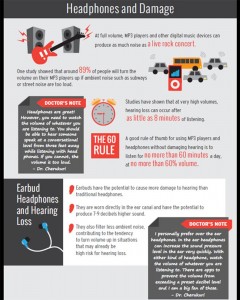In all my years of schooling, I have long wondered how people can go to sleep at 2, 3, 4, and even 5 in the morning and still be able to function throughout the day. I’m not the most organized person in terms of a sleep schedule, but I rarely venture out past 1 AM. If I regularly did, I’d probably drop dead walking between classes.

Literally me
Sleep. It’s a topic that’s always perplexed me. I’d like to answer some of the most common questions about sleep, once and for all. Why do humans really sleep? How much sleep do we need? And: what exactly can a good night’s sleep do for you?
So, why sleep at all? My parents always told me that we need sleep because our body needs to rest from all the intense functioning throughout the day. To myself and many, this seems like pretty sound reasoning. However, scientists aren’t sure that sleep serves simply as an energy restoration period, where we take a break from our intensely active routines. In fact, our brain seems to be just as active, albeit in a different way, during sleep as it is during ‘functioning hours’. Skeptical still, other scientists have found stronger evidence that suggests that sleep is a period of memory consolidation. In other words, during sleep we convert short-term memory into long term memory, according to IFL Science. Let’s explore these 2 theories.
One way I think of sleep is similar to charging your phone at night. Your body is like your phone, sleep is like your charger, and in order to restore its battery, you shouldn’t use it! But it’s not quite that simple. There are two distinct periods of sleep: slow-wave sleep (SWS) and rapid eye movement (REM). SWS is the first period of sleep and is what we call “deep sleep”. According to Scientific American, it is “characterized by large, slow brain waves, relaxed muscles and slow, deep breathing, which may help the brain and body to recuperate after a long day.” So maybe there is some evidence to support sleep as a recovery phase. However, this becomes less certain when we consider REM. During this phase of sleep, which is when dreaming occurs, the brain is in an intensely hyperactive state. Breathing and heartbeat function irregularly, and the body becomes virtually paralyzed amid this dream state. Due to the neurological hyperactivity associated with REM, scientists cannot say that sleep is solely a recovery period.
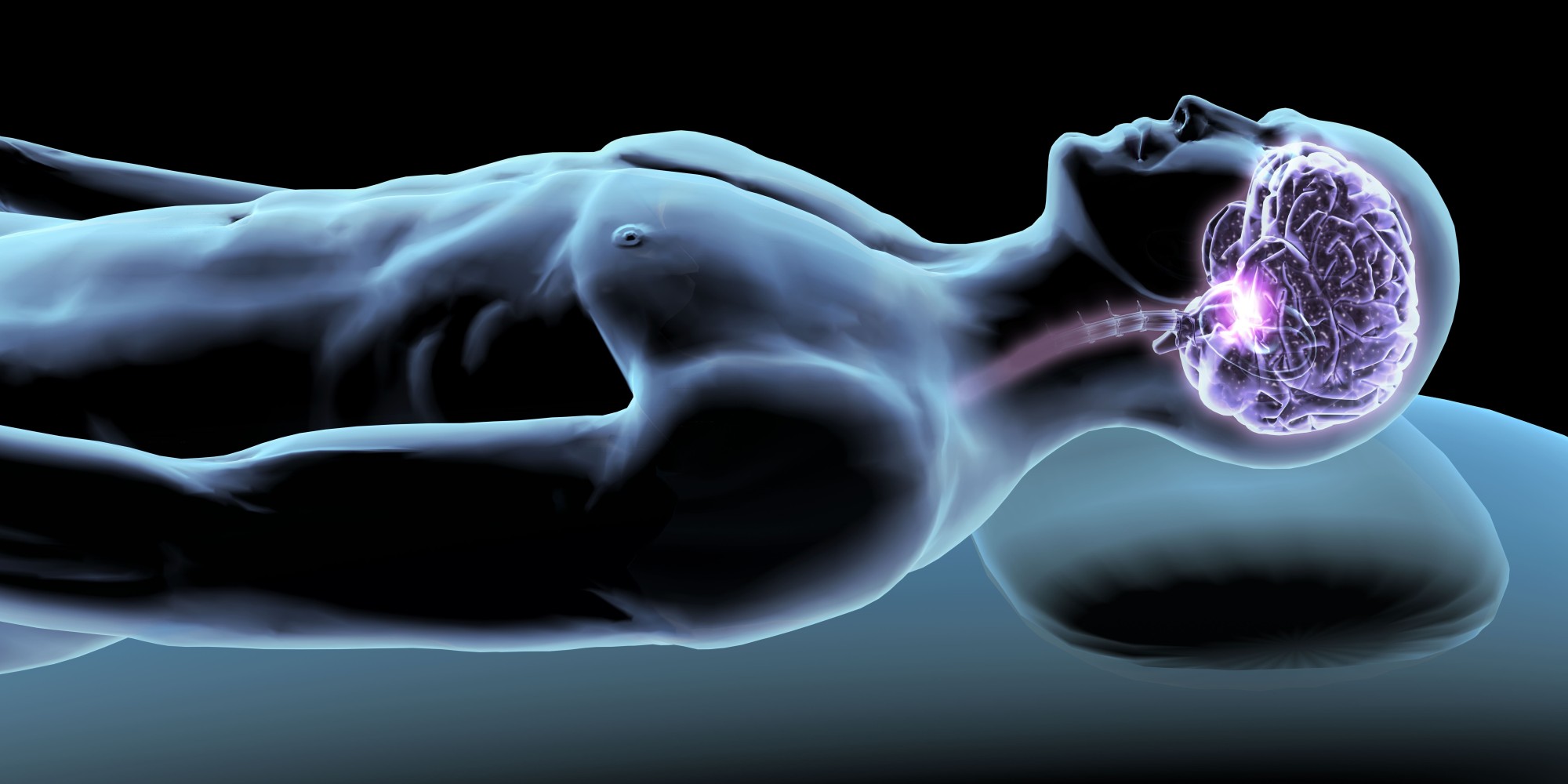
Many scientists believe that sleep serves as a tool for memory consolidation. Researchers analyzed the results of 1995, 1997, and 2003 studies on human sleep deprivation. They found that the overall ability of memory sleep-deprived subjects was significantly impaired, though this could be due to a confounding variable; stress is known to cause difficulty in memory recollection. Scientists have concluded that experimenting with sleep deprivation to determine whether sleep is used for memory consolidation is problematic due to confounding variables such as stress.
Despite the ongoing debate of the purpose of sleep, we know that sleep is necessary, and sleeping has various advantage’s to one’s overall well-being health and lifestyle benefits. I have had many teachers and adults alike tell me that proper sleep is imperative if one wants to achieve success. However, I have anecdotal data which leads me to be skeptical of this statement.
As a musician, I have been well-aware of how our kind openly neglects proper sleeping habits. Countless times I have heard prominent musicians attribute their success, in part, to those cliché nights where they stay up all night creating music–pursuing their artistic vision. One of my favorite bands of all time is the great Led Zeppelin. In their live album/concert video “The Song Remains the Same,” I recall Robert Plant and Jimmy Page telling the interviewer about how they often fly from show to show, sometimes without any sleep at all, and still perform grueling 2 or 3 hour sets (possibly with the help of ‘substances’, but nevertheless…). In fact, guitarist Jimmy Page has claimed that he ACTUALLY plays better when he is exhausted.
The Mayo Clinic states: “Some people claim to feel rested on just a few hours of sleep a night, but their performance is likely affected. Research shows that people who sleep so little over many nights don’t perform as well on complex mental tasks as do people who get closer to seven hours of sleep a night.” So, the excellence of Page & Company can be attributed to their extraordinary talent, which apparently was not too significantly altered by inadequate sleeping. According to their guidelines, the Mayo Clinic suggests that Adults (18+) need 7-9 hours of sleep per night for ideal functioning. However, they mention, this number is variable depending on certain factors including physical exercise/exhaustion and previous sleep deprivation.

Robert Plant & Jimmy Page
While we can’t yet identify the exact purpose of sleep, it is clearly necessary for survival. If achieved in the proper quantity and quality, sleep can positively impact your life. It can improve focus and give you the energy to have a productive day. And although many musicians like Jimmy Page will claim that sleep deprivation can benefit your work, there is no evidence to support that statement. So I leave you with the unsatisfying conclusion that we really don’t know the truth behind sleep. If you can find evidence that supports the notion that less sleep is somehow beneficial to you, please let me know. Otherwise, I recommend shooting for at least 7 hours. I think most scientists would agree with me. The brain and sleep are areas of science that remain vastly unexplored, deeply mysterious, and immensely interesting.
Works Cited:
(2015). What Happens in the Brain During Sleep? Retrieved October 18, 2016, from https://www.scientificamerican.com/article/what-happens-in-the-brain-during-sleep1/
Sleep deprivation and Pavlovian fear conditioning. (1970). Retrieved October 18, 2016, from http://learnmem.cshlp.org/content/16/10/595.full
Led Zeppelin Image: http://nme.assets.ipccdn.co.uk/images/2015LedZeppelin_Getty85038736_10230215.article_x4.jpg
Sleep deprived guy image: http://hsewise.org/wp-content/uploads/2015/10/sleep.jpg
Sleeping hologram: http://i.huffpost.com/gen/2709260/images/o-SLEEP-BRAIN-facebook.jpg









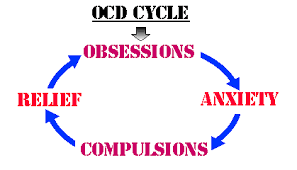








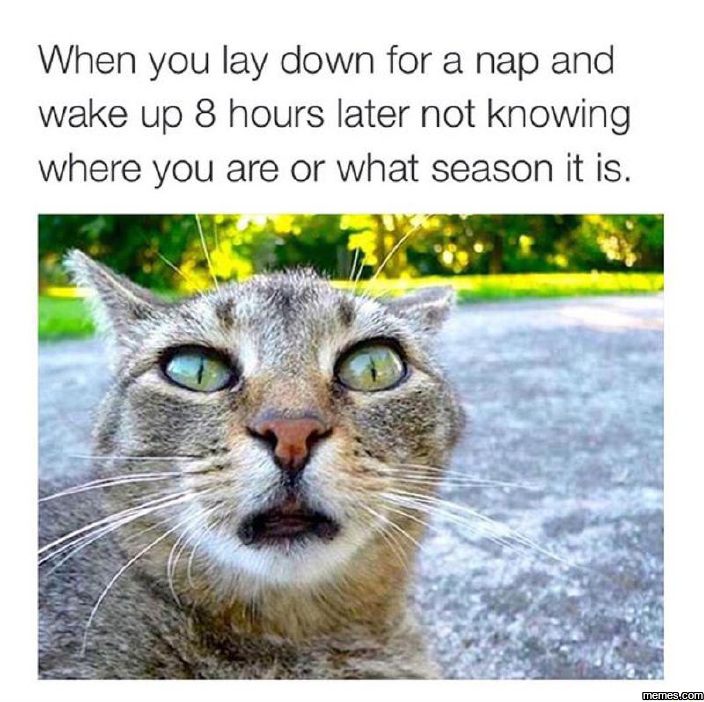




_pair.jpg)






 edical fluke. Another theory suggests that the body remembers feeling better after taking previous pills, as a result it speeds up the healing process when a placebo is consumed.
edical fluke. Another theory suggests that the body remembers feeling better after taking previous pills, as a result it speeds up the healing process when a placebo is consumed.
 e my SAT exam, one of my friends had a prescription and suggested I take a pill to improve b
e my SAT exam, one of my friends had a prescription and suggested I take a pill to improve b
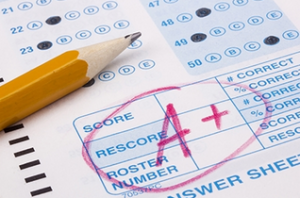 stead of actually making an individual smarter, it causes them to think they are. The team reached the conclusion that while Adderall could be improving cognitive performance, it is very possible that the drug simply makes studying more enjoyable as a result of the euphoric feeling. This means the the drug has no direct effect on a persons intelligence.
stead of actually making an individual smarter, it causes them to think they are. The team reached the conclusion that while Adderall could be improving cognitive performance, it is very possible that the drug simply makes studying more enjoyable as a result of the euphoric feeling. This means the the drug has no direct effect on a persons intelligence.




